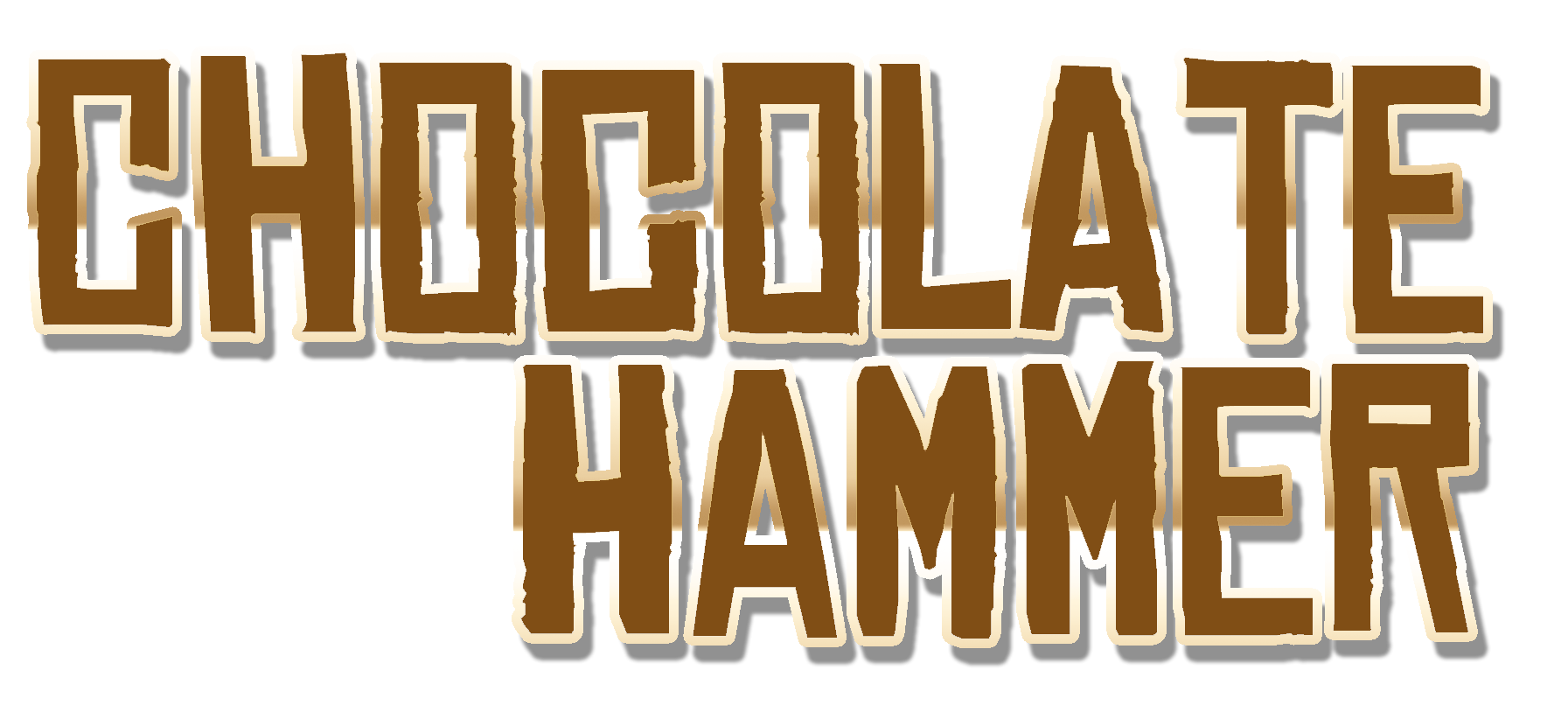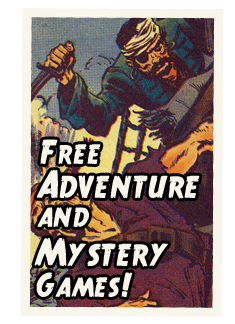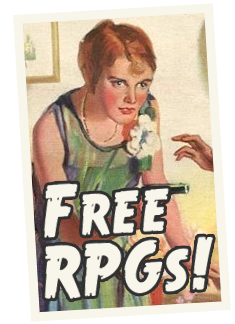World Creation 10: Wasteland Ettiquette
When we left off last week, I promised to address the issue of humans outside of the Great Machine.*
First, I need a name for these people existing outside of civilization. Off the middle of my head, I’ll say The Scattered, because it sounds just grandiose and vague enough to sound reasonably clever until I come up with something better.
The Scattered consist of anyone who doesn’t belong to or contribute to the Great Machine. Obviously, since this is such an enormous demographic, it’s hardly homogenous. There are many, many different cultures and organizations spread throughout, and chances are that even peoples in the same area have their little differences. There is only one constant—The Scattered don’t really have civilization as we know it.
As a whole, The Scattered have no ready access to resources or arable farmland. The Great Machine has already snapped up almost all of the people and territory that have those things. They have only what food foraging and hunting can provide, only what resources can be picked off the ground.
There are certain tendencies that are common amongst The Scattered Peoples:
Typically, The Scattered are nomadic, migrating in search of prey. The slim pickings throughout much of the Wasteland ensure that what few areas can sustain decent-sized animals can be all too easily overhunted. Thus, a successful tribe is a tribe on the move, always in search of game. There are a few exceptions—if a tribe is near water, there are usually decent pickings, and if a tribe is near decent soil there may be horticulture that can sustain them through the lean months.
Most of The Scattered, unlike many of the primitive tribes of our world’s history, have been completely aware throughout their existences that there exist more technologically advanced civilizations. They can see the trains, have probably encountered rangers, and have histories that tell of encounters with civilization. How The Scattered tribes deal with this fact varies greatly. Some regard the Great Machine as a sort of evil, supernatural society, one which is to be avoided at all costs. Some avoid the Great Machine out of uneasiness, with only the occasional curious member actively attempting to learn more about these strange people with guns are. Some tribes know exactly what the Great Machine is, and may even be not far from a city or town, content to retain their autonomy even as they acknowledge that they are somewhat less well-off than those within the cities. And every once in a while, a tribe will actively attempt to join the Great Machine, forsaking their culture and ways for a roof over one’s head and the stability agriculture lends to the diet.
Occasionally, although this is discouraged by the Great Machine (who want to give these scattered tribes incentive to join the cities), traders will strike up deals with tribes, trading what little resources the tribe can spare (leather clothing, preserved meat) for city resources (steel weapons, machine-tooled textiles).
And occasionally, covetous tribes see little point in stooping to do business with the civilized. Although they are often unsuccessful, being relatively poorly armed, The Scattered have occasionally raided caravans, trains, travelers and even ranger camps. Usually, if this tribe manages to acquire any spoils, it is subsequently hunted down by the authorities.
The culture of The Scattered depends largely on their amount of contact with the outside world. Isolated tribes, which only occasionally see civilization, are superstitious, often believing that the world was punished for some great evil a long time ago and that soon, paradise will be restored. Tribes which contact civilization more frequently are often a little more grounded in reality, and might have theology and even customs based on those of the Great Machine.
I should mention some notable deviations from the normal Scattered Tribes:
1.) The most significant non-Great Machine organization is the Rhagi, a massive but loosely-organized group of warrior people. They operate under the belief that technology was responsible for the destruction of a paradise that was, causing a cataclysm that made the Wasteland what it is today. According to their legends, the longer the Great Machine exists, the more poisoned the land becomes. Only by removing the trappings of civilization entirely can paradise be restored. They are violent and temperamental, and will usually kill citizens of the Great Machine on sight or burn down outposts that encroach on their territory.
2.) Certain peoples hidden within the more barren mountains have managed to thus far exploit some natural resources while remaining hidden from the Great Machine. These peoples can sometimes make bronze or copper weapons, even crude iron ones. Said tribes subsist on a combination of meager horticulture, trapping, and trade with other tribes in exchange for weapons/weapon repairs.
3.) Some cities, perched on remote and freak stretches of fertile soil, do exist. Usually, these cities have small populations and no significant resources, and thus aren’t terribly convenient or useful to the Great Machine. They scrape out a living on agriculture and trade with nearby tribes.
That’s all for this week’s installment. Next week, I’ll take a look at the guts of the government–corruption, lies, damn lies, politics and scandals.
*That is the only thing I promised. Nothing else at all. Any other expectations are the result of memory interference, possibly caused by magazine articles, news bulletins, or communism.







Damn lies as opposed to blessed lies, I presume?
Hey, where’s the essay on Catinflas? Are radioactive communists to blame again? Damn!